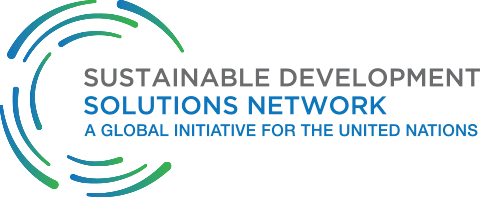Sustainable Food Systems
E-Conference: The Latest Evidence on Nutrition-Sensitive Agriculture

3-5 June 2019
Nutrition-sensitive agriculture offers great potential for Sustainable Development Goal 2 as it connects agricultural development to improved nutrition outcomes. Examples of nutrition-sensitive agriculture interventions are bio-fortification, home vegetable gardens, and small animal rearing (Ruel et al. 2018).
Since many nutrition-sensitive agriculture interventions have been applied in recent years, this E-Conference aims to:
- Take stock of what we have learned so far about nutrition-sensitive agriculture, i.e. what works and what does not work, and under what conditions?
-
Share and discuss this knowledge with practitioners in the field (e.g. farmers, extension workers, NGOs and policy makers)
-
Turn the evidence base into concrete recommendations for practitioners to implement effective nutrition-sensitive interventions in agricultural development
Register to join this free online conference. Subscribing allows you to participate in the daily live sessions with our experts and access the online community to discuss insights, exchange project results, ask questions and discuss challenges with colleagues from around the world.
Programme
Monday 3 June, 13:00 GMT: Smallholder production and Dietary Diversity
Matin Qaim of the University of Göttingen will discuss the linkages between smallholder on-farm production diversity and impacts on dietary diversity, as well as the impacts of specialization of cash crops on consumption benefits.
Tuesday 4 June, 13:00 GMT: Market Challenges and Solutions to Nutritious Food Access
Harold Alderman of IFPRI will discuss the linkages between markets, diets and nutrition with a particular focus on affordability and access of nutritious foods in low- and middle-income contexts, the challenges and potential market-based solutions.
Wednesday 5 June, 13:00 GMT: Women’s Empowerment for Better Nutrition
Agnes Quisumbing of IFPRI will discuss women’s empowerment as well as ownership and control of assets, and its impacts on child and women’s nutritional status and overall household food security.





